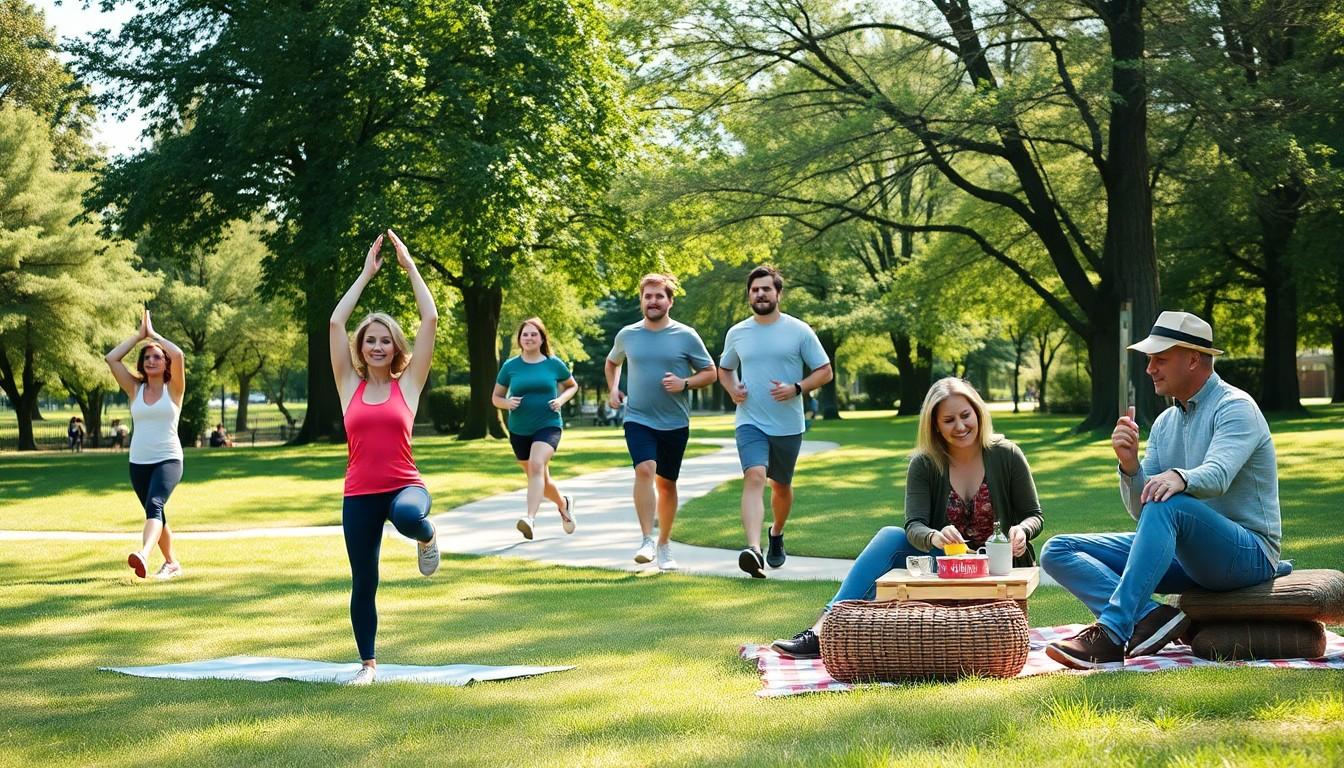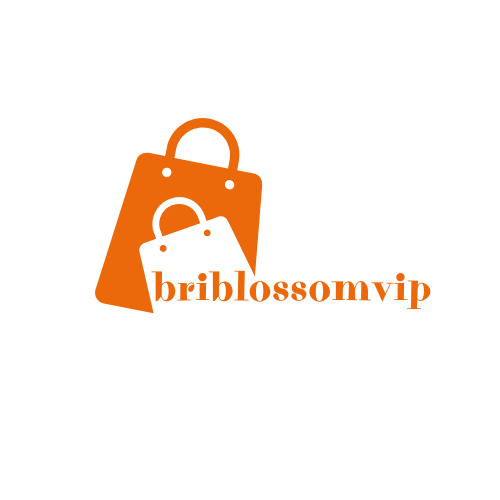In a world that often feels like a never-ending to-do list, self-care can seem like an elusive luxury. But let’s be real: taking care of oneself isn’t just a trend; it’s a necessity. Imagine a life where stress takes a backseat and relaxation is the co-pilot. Sounds dreamy, right? Well, it’s time to turn that dream into reality with the right self-care resources.
Understanding Self Care Resources
Self-care resources play a crucial role in maintaining overall well-being. These tools assist individuals in managing stress, promoting health, and enhancing their quality of life.
Definition of Self Care
Self-care encompasses the practices and activities that individuals engage in to nurture their physical, mental, and emotional health. It involves routine actions like exercise, healthy eating, relaxation techniques, and engaging in hobbies. Recognizing personal needs forms the foundation of effective self-care. Individuals can prioritize self-awareness, ensuring that their actions align with their unique requirements and circumstances. By staying attuned to their feelings and needs, individuals take significant steps toward enhancing their quality of life.
Importance of Self Care
The significance of self-care cannot be overstated. Engaging in self-care activities helps prevent burnout and promotes resilience. Research indicates that consistent self-care practices reduce anxiety and depression, fostering emotional balance. Improved focus and productivity often result from prioritizing one’s well-being. Additionally, maintaining physical health through exercise and nutrition leads to better long-term outcomes. Taking time for oneself cultivates a sense of fulfillment and happiness, making it evident that self-care is a vital component of a healthy lifestyle.
Types of Self Care Resources

Self-care resources encompass various practices that nurture physical, mental, and emotional well-being. Identifying appropriate resources is crucial for effective self-care.
Physical Self Care Resources
Physical self-care resources consist of activities promoting body health. Regular exercise such as jogging, yoga, and swimming enhances physical strength and boosts mood. Nutritional guidance like meal planning and healthy recipes supports overall health and energy levels. Adequate sleep is essential; establishing a bedtime routine can improve sleep patterns. Regular check-ups with healthcare professionals ensure preventive care is prioritized. Activities like hiking, cycling, or simply taking walks can significantly enhance physical fitness while allowing individuals to connect with nature.
Mental Self Care Resources
Mental self-care resources focus on cognitive well-being and stimulation. Engaging in mindfulness practices like meditation and deep breathing exercises fosters clarity and focus. Reading books or listening to podcasts promotes knowledge and mental engagement. Journaling provides an outlet for thoughts and emotions, aiding in self-reflection. Online courses and workshops offer opportunities for skill development, which contributes to a sense of accomplishment. Puzzles and brain games stimulate cognitive function while making self-care enjoyable.
Emotional Self Care Resources
Emotional self-care resources address emotional health and stability. Therapy and counseling provide support from professionals who can guide individuals through challenges. Practicing gratitude, through techniques like daily gratitude journaling, enhances positive thinking. Social connections, such as maintaining relationships with friends and family, support emotional resilience. Creative activities, like painting or crafting, give individuals an opportunity to express feelings. Setting boundaries in personal and professional life can prevent overwhelm and ensure emotional balance.
Evaluating Self Care Resources
Assessing self-care resources requires careful consideration of their quality and effectiveness. Identifying reliable options ensures individuals receive the most beneficial support.
Criteria for Quality Resources
Quality self-care resources share several key characteristics. Resources should be evidence-based, backed by research or expert recommendations. They must also be user-friendly, making it easy to navigate and access information. Affordability plays a crucial role, as many effective resources are accessible without excessive costs. Additionally, credible resources maintain a focus on our physical, mental, and emotional health. Lastly, positive user reviews or testimonials indicate the reliability of a resource, validating its effectiveness in real-life applications.
Popular Self Care Resource Platforms
Various platforms offer valuable self-care resources. Websites like Mindful provide articles on mindfulness practices, enhancing mental well-being. Apps such as Headspace focus on meditation techniques, promoting relaxation. The Calm app also aids in stress management, offering soothing sounds and guided meditations. Social media channels, notably Instagram and Pinterest, feature numerous self-care influencers sharing tips and inspiration. Community forums, like Reddit’s r/selfcare, connect users for support and shared experiences. Engaging with these platforms helps individuals find effective self-care practices tailored to their unique needs.
How to Incorporate Self Care Resources into Daily Life
Incorporating self-care resources into daily life enhances overall well-being. Practicing self-care becomes easier through structured approaches such as personalized plans and realistic goals.
Creating a Personalized Self Care Plan
Creating a personalized self-care plan starts by assessing individual needs. Identifying specific areas of focus, such as physical, mental, or emotional health, helps establish a clear direction. Including activities that resonate personally increases commitment to the plan. For instance, selecting favorite exercise routines can make physical self-care enjoyable. Setting aside dedicated time each week for activities like journaling or mindfulness strengthens mental resilience. Utilizing diverse resources, from apps to local workshops, enhances the effectiveness of the plan. Regularly revisiting and adjusting the plan ensures it remains relevant to changing circumstances.
Setting Realistic Self Care Goals
Setting realistic self-care goals requires thoughtful consideration of one’s lifestyle. Breaking larger goals into smaller, achievable steps promotes gradual progress. Focusing on specific outcomes, such as exercising three times a week or practicing gratitude daily, fosters accountability and motivation. Tracking progress in a journal can help visualize achievements. Each completed goal builds confidence and encourages the pursuit of new objectives. Prioritizing self-care activities within daily routines supports consistency. Ultimately, maintaining a balance between goals and flexibility allows individuals to navigate challenges while protecting their well-being.
Conclusion
Embracing self-care is essential for achieving a balanced and fulfilling life. By recognizing the importance of physical mental and emotional health individuals can significantly enhance their overall well-being. Utilizing quality self-care resources tailored to personal needs empowers them to manage stress and prevent burnout effectively.
Incorporating these practices into daily routines can lead to improved focus and productivity while fostering resilience against life’s challenges. As individuals explore various self-care options they’ll discover what resonates most with them. This journey not only promotes self-awareness but also cultivates a deeper sense of happiness and fulfillment. Prioritizing self-care isn’t just a choice; it’s a vital commitment to one’s health and happiness.

